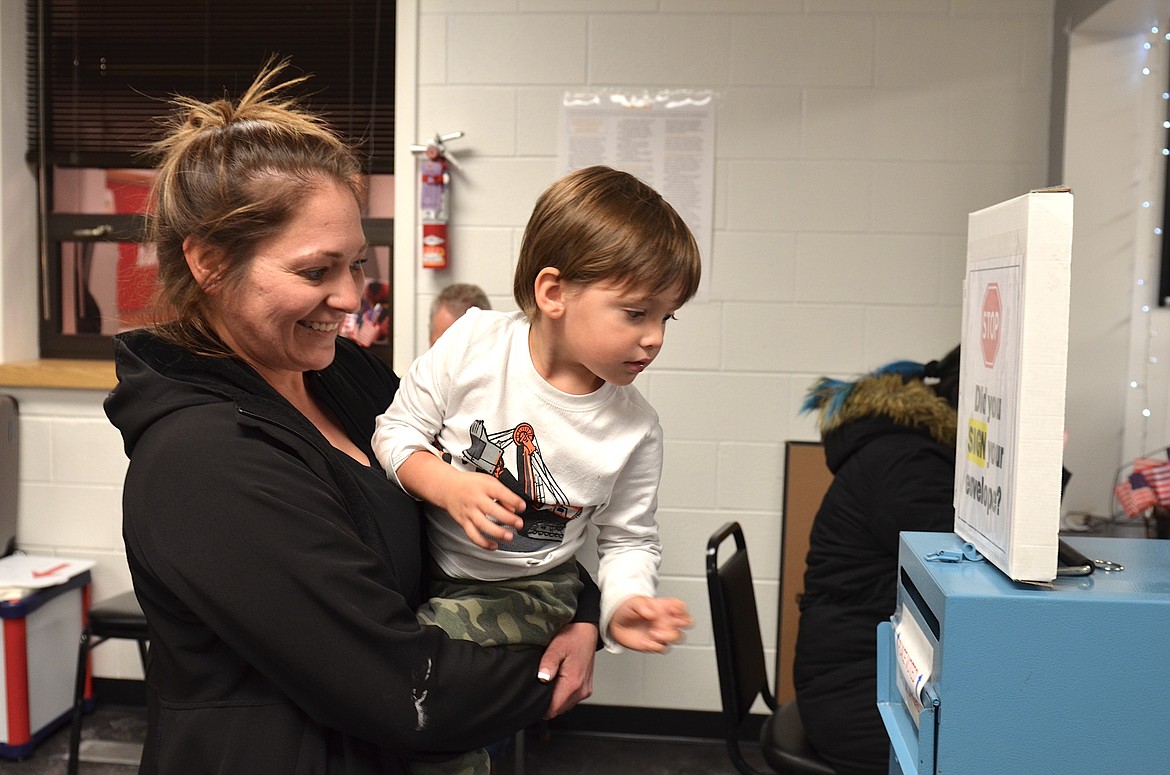Both sides comment on lopsided election
Predictably, representatives for local Republicans and Democrats voiced very different views of the outcomes from last Tuesday’s general election.
State Sen...
Become a Subscriber!
You have read all of your free articles this month. Select a plan below to start your subscription today.
Already a subscriber? Login



